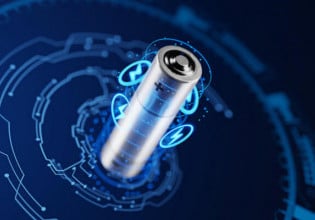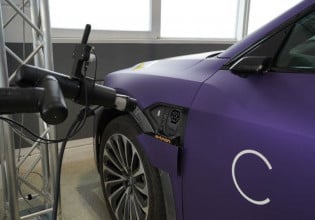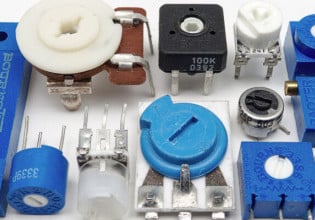Energy Conversion Devices Reports First Fiscal Quarter Financial Results
Energy Conversion Devices, Inc. (ECD) announced the results of its first quarter of fiscal year 2012, ended September 30, 2011. Total consolidated revenue from continuing operations for the quarter was $22.0 million, which compares to $65.3 million in the first quarter of fiscal year 2011, and $70.5 million in the fourth quarter of fiscal year 2011. The company sold 11.4 megawatts of its unique UNI-SOLAR® brand solar products in the face of sluggish global demand for solar products and sharp price decreases.
For the quarter, the company generated a net loss from continuing operations of $57.5 million, which includes a non-cash impairment charge of $34.3 million. This result compares to a net loss of $15.4 million in the year ago period and $42.8 million in the prior quarter.
In July 2011, ECD announced that it is seeking the sale of its Ovonic Battery Company (OBC) subsidiary. The sale process is proceeding and the company intends to invest the proceeds from the sale into its United Solar business. The operating results of OBC have been presented as discontinued operations in the company’s financial statements. OBC generated $2.3 million in total revenue in the quarter, and earned $1.3 million in net income.
As of September 30, 2011 the company held $130.2 million in cash, cash equivalents, restricted cash and short-term investments. This represents a decrease of $10.5 million from June 30, 2011.
As previously announced, the company has undertaken a broad restructuring program that includes both permanent layoffs and temporary furloughs in its manufacturing and corporate operations. ECD expects to incur $1.6 million in restructuring charges during its second and third fiscal quarters for these actions and expects to realize annualized cash savings of $12.7 million beginning in the third fiscal quarter.
This restructuring program also calls on the company to broaden its geographic reach and to expand its addressable markets through its Open Solar™ initiative. By unlocking innovation through third-party collaboration, ECD can more thoroughly integrate its products into building materials and everyday applications which will drive down the total cost of solar energy and increase market adoption of solar technology.
ECD believes that increasing its core solar technology’s sunlight-to-electricity conversion efficiency is a strategic imperative. As such, the company has adjusted its technology roadmap to speed commercialization of higher conversion efficiency products, reduce execution risk and improve manufacturability. To that end, the company has ceased development and optimization of its HF technology to focus greater resources on the commercialization of its patented Nano-Crystalline™ technology. Modifications to existing capital equipment are underway at its Greenville, Michigan plant and the upgraded line is expected to begin pre-production and optimization in mid-2012. With the successful implementation of this new technology, ECD expects to improve its products’ sunlight-to-electricity conversion efficiency by up to 50%. This will provide the benefit of increasing marketability of the products with added value to customers, while significantly reducing ECD’s production costs.
The company will continue to refine these restructuring efforts and align its resources as market conditions warrant. ECD is not currently experiencing significant liquidity constraints, but the company believes that a successful restructuring of its United Solar business will require additional investment and a restructuring or refinancing of its outstanding Convertible Senior Notes due 2013. The company has begun preliminary discussions with representatives of certain holders of its notes regarding the company’s repositioning efforts and possible restructuring of the notes. To attract the needed investment, the company is considering a broad range of strategies and, as previously announced, has retained the financial advisory firm of AlixPartners to assist the company in evaluating such strategies, which may include: additional asset sales, technology license agreements, joint venture arrangements, renegotiating existing obligations or other transactions.






